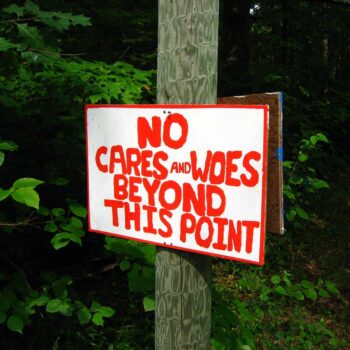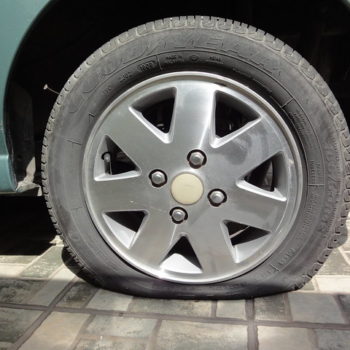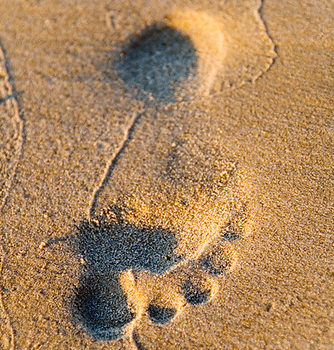The relationship between ownership and self development has been a subject of exploration by thinkers like Plato and Sartre. Ownership is often seen as a way to define one’s identity, shaping who we are. However, this relationship is not straightforward. Plato argued that owning material goods can lead to moral decay, while Aristotle believed that owning possessions could help develop moral virtue. Jean-Paul Sartre expanded the notion of ownership beyond material objects, suggesting that even intangible things like skills, knowledge, and experiences contribute to selfhood. Plato’s view is that ownership of material goods can lead to a shallow, fleeting sense of self that is dependent on external factors, making it difficult for individuals to develop a stable, virtuous character.
Aristotle, on the other hand, emphasizes the positive role of ownership in shaping the self. In his Nicomachean Ethics, Aristotle argues that material possessions can contribute to the development of moral character, as long as they are used in accordance with virtue. Owning land can allow someone to practice the virtue of stewardship, or owning resources can enable charitable acts, benefiting both the individual and society. Aristotle and Jean-Paul Sartre’s perspectives on ownership and identity suggest that ownership is not inherently negative but rather a means to contribute to the common good and develop one’s character. Ownership can shape the self in real life, as people who use their possessions to contribute to others often find their sense of self enriched by the positive impact they can have on others.
Sartre’s view of ownership goes beyond material goods to include intangible things like skills, knowledge, and personal experiences. He argues that ownership is fundamentally about agency, the ability to shape and define oneself through action and understanding. He believes that mastering something means owning it in a deep, existential sense, reflecting one’s agency and authenticity. Sartre’s view highlights the dynamic relationship between ownership and self, as ownership is not a static possession but an ongoing process of engagement and development. What we own is not merely a set of material things, but a collection of experiences, abilities, and understandings that shape and reflect who we are.
The relationship between ownership and identity is complex, with ownership shaping the self in both positive and negative ways depending on how we engage with it. Ownership becomes a tool for self-definition when aligned with personal values and intentions, and an instrument for growth when we see it not as an end in itself, but as a means to becoming more fully ourselves. In this way, ownership is not a static reflection of who we are, but an ongoing project that helps to define us over time. “Plato and Aristotle” by Image Editor is licensed under CC BY 2.0.











